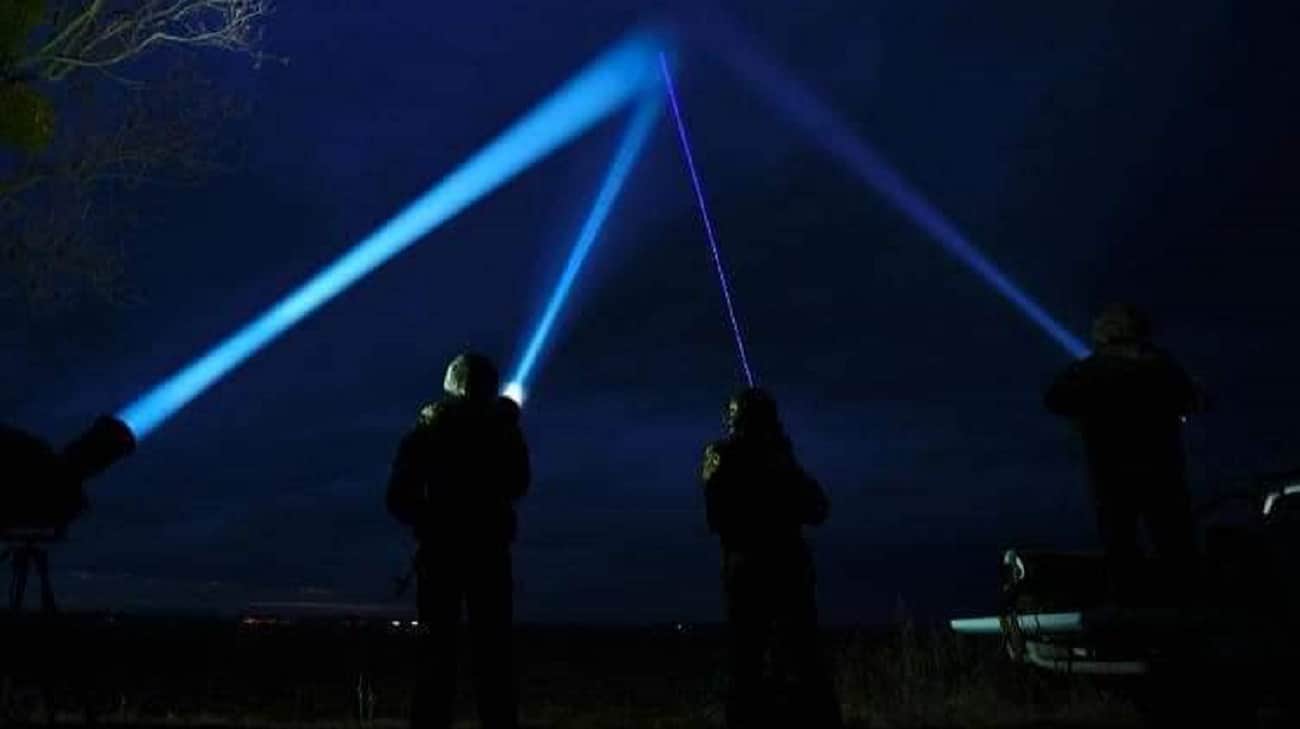Judge Cannon Is Hiding a Far-Right Lecture Circuit
The Trump-appointed judge who threw out the former president’s criminal classified documents case wasn’t up-front about her own conflicts, and now the details of her backroom liaisons are beginning to trickle out.Judge Aileen Cannon failed to disclose that she attended a banquet at a conservative law school in May 2023 to honor the late conservative Supreme Court Justice Antonin Scalia, flouting a 2006 rule requiring judges to file formal disclosures when they attend seminars or conferences that could influence their decisions. But it’s not the only time that Cannon has failed to notify the public of her partisan behavior, according to ProPublica.In 2021 and 2022, Cannon took week-long trips for legal colloquiums sponsored by conservative judiciaries and hosted at an expensive resort in Pray, Montana, where rooms can cost upward of $1,000 per night. The retreats did not go reported until NPR reporters called Cannon out on the omission as part of NPR’s national investigation into gaps in judicial disclosures.“Judges administer the law, and we have a right to expect every judge to comply with the law,” Virginia Canter, chief ethics counsel for the watchdog group Citizens for Responsibility and Ethics in Washington, or CREW, told ProPublica.Cannon, who seemed determined to hold up the classified documents case at every possible opportunity, ultimately tossed the case in July on the basis that special counsel Jack Smith’s appointment was unconstitutional. Smith is currently appealing the decision with the Eleventh Circuit. (William H. Pryor Jr., the chief judge of the Eleventh Circuit, was also at the May 2023 banquet, though he properly disclosed his attendance.) But her own future on the case isn’t clear: CREW has asked the appeals court to intervene and replace the controversial judge on the critical case.If the government wins the appeal, they will be able to ask the court to assign a new judge to the case—though, ultimately, the future of the classified documents trial is contingent on the outcome of the November election. Should Trump lose, the case will move forward regardless of whether the government wins the current appeal. But should he win, Trump could use his presidential powers to wipe the federal case off the map.

The Trump-appointed judge who threw out the former president’s criminal classified documents case wasn’t up-front about her own conflicts, and now the details of her backroom liaisons are beginning to trickle out.
Judge Aileen Cannon failed to disclose that she attended a banquet at a conservative law school in May 2023 to honor the late conservative Supreme Court Justice Antonin Scalia, flouting a 2006 rule requiring judges to file formal disclosures when they attend seminars or conferences that could influence their decisions. But it’s not the only time that Cannon has failed to notify the public of her partisan behavior, according to ProPublica.
In 2021 and 2022, Cannon took week-long trips for legal colloquiums sponsored by conservative judiciaries and hosted at an expensive resort in Pray, Montana, where rooms can cost upward of $1,000 per night. The retreats did not go reported until NPR reporters called Cannon out on the omission as part of NPR’s national investigation into gaps in judicial disclosures.
“Judges administer the law, and we have a right to expect every judge to comply with the law,” Virginia Canter, chief ethics counsel for the watchdog group Citizens for Responsibility and Ethics in Washington, or CREW, told ProPublica.
Cannon, who seemed determined to hold up the classified documents case at every possible opportunity, ultimately tossed the case in July on the basis that special counsel Jack Smith’s appointment was unconstitutional. Smith is currently appealing the decision with the Eleventh Circuit. (William H. Pryor Jr., the chief judge of the Eleventh Circuit, was also at the May 2023 banquet, though he properly disclosed his attendance.) But her own future on the case isn’t clear: CREW has asked the appeals court to intervene and replace the controversial judge on the critical case.
If the government wins the appeal, they will be able to ask the court to assign a new judge to the case—though, ultimately, the future of the classified documents trial is contingent on the outcome of the November election. Should Trump lose, the case will move forward regardless of whether the government wins the current appeal. But should he win, Trump could use his presidential powers to wipe the federal case off the map.



